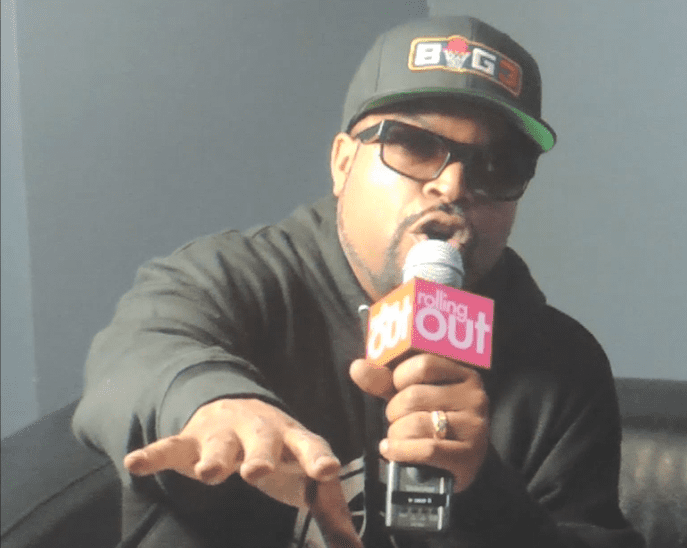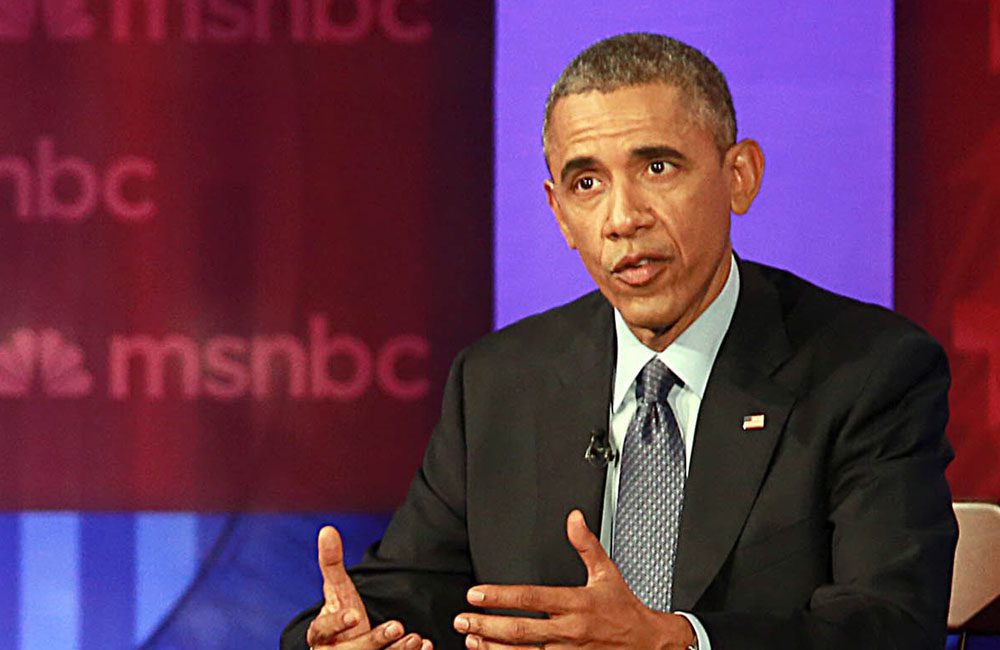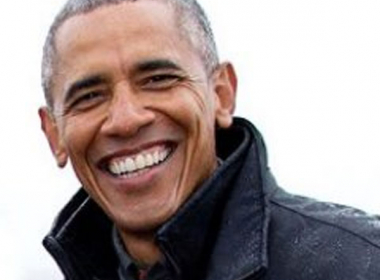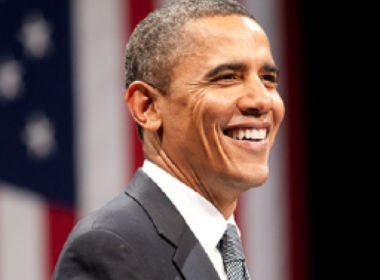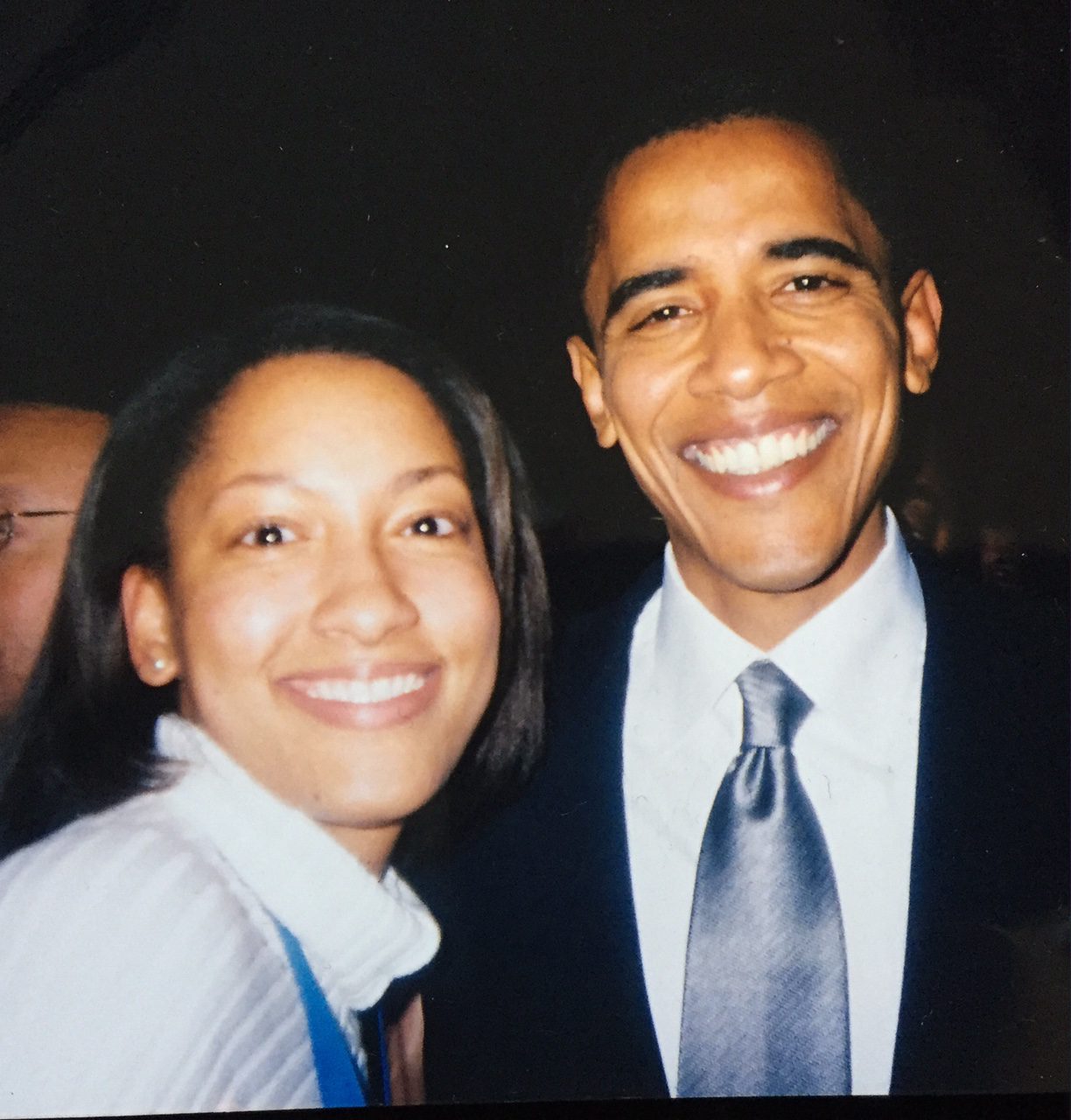 In the “no, duh!” category of African American living, a study conducted by three elite universities concluded that white’s racial attitudes toward blacks and Hispanics have worsened in the four years since President Obama took office.
In the “no, duh!” category of African American living, a study conducted by three elite universities concluded that white’s racial attitudes toward blacks and Hispanics have worsened in the four years since President Obama took office.
You don’t say.
African Americans know this because they have been the on the receiving end of white’s increasing boldness in expressing their racial beliefs, particularly toward the Obamas. But we’re surprised that it took a combined study by Stanford University, the University of Michigan and the University of Chicago to determine that more than half of “Americans now express explicit anti-black views.”
Notice the language used by the Salt Lake Tribune: “Americans now express explicit anti-black views,” as if somehow blacks are less American than the rest of the U.S. population.
Here is how the Salt Lake Tribune delivered the news:
Racial attitudes have not improved in the four years since the United States elected its first black president, an Associated Press poll finds, as a slight majority of Americans now express prejudice toward blacks whether they recognize those feelings or not. Those views could cost President Barack Obama votes as he tries for re-election, the survey found, though the effects are mitigated by some people’s more favorable views of blacks. Racial prejudice has increased slightly since 2008 whether those feelings were measured using questions that explicitly asked respondents about racist attitudes, or through an experimental test that measured implicit views toward race without asking questions about that topic directly.
In all, 51 percent of Americans now express explicit anti-black attitudes, compared with 48 percent in a similar 2008 survey. When measured by an implicit racial attitudes test, the number of Americans with anti-black sentiments jumped to 56 percent, up from 49 percent during the last presidential election. In both tests, the share of Americans expressing pro-black attitudes fell.
“As much as we’d hope the impact of race would decline over time … it appears the impact of anti-black sentiment on voting is about the same as it was four years ago,” said Jon Krosnick, a Stanford University professor who worked with AP to develop the survey.
Most Americans expressed anti-Latino sentiments, too. In an AP survey done in 2011, 52 percent of non-Hispanic whites expressed anti-Latino attitudes. That figure rose to 57 percent in the implicit test. The survey on Latinos had no past data for comparison.
The AP surveys were conducted with researchers from Stanford University, the University of Michigan and NORC at the University of Chicago. Experts on race said they were not surprised by the findings. “We have this false idea that there is uniformity in progress and that things change in one big step. That is not the way history has worked,” said Jelani Cobb, professor of history and director of the Institute for African-American Studies at the University of Connecticut. “When we’ve seen progress, we’ve also seen backlash.”
Obama has tread cautiously on the subject of race, but many African-Americans have talked openly about perceived antagonism toward them since Obama took office. As evidence, they point to events involving police brutality or cite bumper stickers, cartoons and protest posters that mock the president as a lion or a monkey, or lynch him in effigy. The AP developed the surveys to measure sensitive racial views in several ways and repeated those studies several times between 2008 and 2012.
The explicit racism measures asked respondents whether they agreed or disagreed with a series of statements about black and Latino people. In addition, the surveys asked how well respondents thought certain words, such as “friendly,” “hardworking,” “violent” and “lazy,” described blacks, whites and Latinos.
The same respondents were also administered a survey designed to measure implicit racism, in which a photo of a black, Latino or white male flashed on the screen before a neutral image of a Chinese character. The respondents were then asked to rate their feelings toward the Chinese character. Previous research has shown that people transfer their feelings about the photo onto the character, allowing researchers to measure racist feelings even if a respondent does not acknowledge them.


